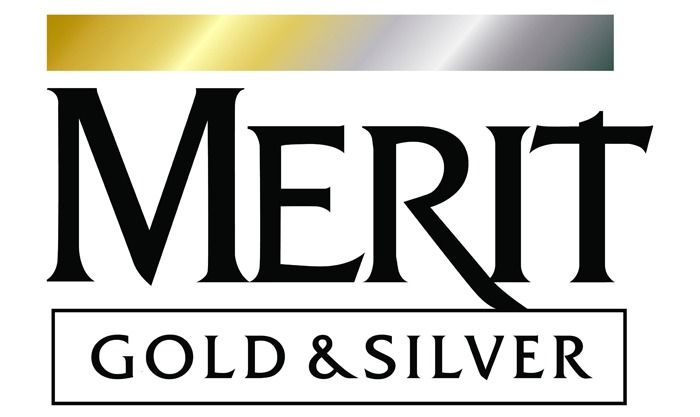IRA Investment Options
There are several types of IRAs — Traditional IRA, Roth IRA, SEP IRA and SIMPLE (Savings Incentive Match Plan For Employees) IRA.
Traditional IRA
First introduced with the Employee Retirement Income Security Act of 1974 (ERISA) and made popular with the Economic Recovery Tax Act of 1981 — Traditional IRA contributions are often tax-deductible. All transactions and earnings within the IRA have no tax impact, and withdrawals at retirement are taxed as income Depending on the nature of the contribution, a traditional IRA may be referred to as a “deductible IRA” or a “non-deductible IRA.”
Roth IRA
the Roth IRA was introduced as part of the Taxpayer Relief Act of 1997. Roth IRA contributions are made with after-tax assets, all transactions within the IRA have no tax impact, and withdrawals are usually tax-free. “Roth?” — Roth IRA was named after Senator William V. Roth, Jr.
SEP IRA
SEP IRA is a provision that allows an employer (Most often self-employed individual) to make retirement plan contributions into a Traditional IRA established in the employee’s name, instead of to a pension fund in the company’s name.
SIMPLE IRA
Similar to a 401(k) plan (but with lower contribution limits and simpler administration) A “Savings Incentive Match Plan for Employees” (Or simply – pun intended - ” SIMPLE IRA”) is a savings plan that requires employer matching contributions to the plan whenever an employee makes a contribution. Although it is termed an IRA, it is treated separately.
Self-directed IRA
A self-directed IRA is not a different type of IRA, but instead permits the account holder to make investments on behalf of the retirement plan into a broader range of investments, typically alternative assets such as gold, silver, real estate, mortgages or other precious metals. Through the proper custodian, any type of retirement account can be self-directed, including the Coverdell Education Savings Account (Also known as Educational IRA), as well as Health Savings Accounts.
Learn how you can avoid inflation, financial crises and poor stock market performance by investing in gold (click here).








